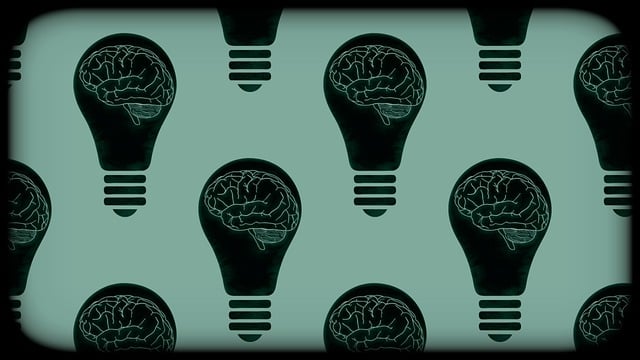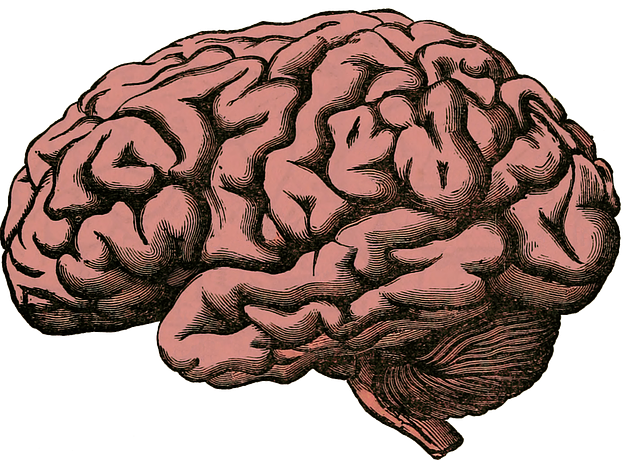Westminster Developmental Disability Therapy (WDDT) offers specialized care for individuals with developmental disabilities, focusing on stress management through tailored interventions like Mindfulness Meditation and Social Skills Training. Their holistic approach combines trigger identification, relaxation techniques, exercise, and mindfulness to improve emotional regulation, prevent depression, and promote long-term mental well-being. Structured self-care routines and therapy sessions teach empathy building strategies, empowering clients to proactively manage their stress levels and maintain optimal mental health.
Stress management is a vital skill, especially for individuals with developmental disabilities. This comprehensive guide explores effective techniques to mitigate stress and improve overall well-being. We delve into the profound impact of stress on this population and highlight the specialized role of Westminster Developmental Disability Therapy in teaching adaptive strategies.
Through practical strategies, learn how to implement stress-relieving methods at home and in therapy sessions, fostering a sense of calm and empowerment.
- Understanding Stress and Its Impact on Individuals with Developmental Disabilities
- The Role of Westminster Developmental Disability Therapy in Teaching Stress Management Techniques
- Practical Strategies for Implementing Effective Stress Relief Methods at Home and in Therapy Sessions
Understanding Stress and Its Impact on Individuals with Developmental Disabilities

Stress is a universal human experience, yet its effects can be particularly profound for individuals with developmental disabilities. Understanding stress and its impact on this population is a crucial step in developing effective management techniques. Developmental disabilities, such as those often supported by Westminster Developmental Disability Therapy, can present unique challenges that influence how stress manifests and is perceived. What might feel like a minor stressor to someone without these challenges could be overwhelming for an individual with sensory processing difficulties or social communication impairments.
Recognizing this, strategies like Mindfulness Meditation and Social Skills Training have gained prominence in the Mental Health Policy Analysis and Advocacy sphere. These approaches aim to equip individuals with tools to recognize and manage stress levels, fostering a sense of calm and control. By integrating mindfulness practices into therapy sessions, professionals can help clients develop coping mechanisms that enhance their overall well-being. This personalized approach ensures that stress management is tailored to each individual’s unique needs and abilities.
The Role of Westminster Developmental Disability Therapy in Teaching Stress Management Techniques

Westminster Developmental Disability Therapy (WDDT) plays a pivotal role in teaching stress management techniques to individuals with developmental disabilities. Through tailored interventions and specialized support, WDDT helps clients develop coping strategies that address both the symptoms of stress and its underlying causes. The therapy focuses on enhancing emotional regulation skills, promoting mindfulness, and fostering resilient behaviors, thereby contributing significantly to depression prevention and mood management.
By integrating evidence-based practices, WDDT offers a holistic approach to stress reduction methods. Therapists work closely with clients to identify triggers, teach relaxation techniques, and encourage the adoption of healthier lifestyle choices. This personalized approach ensures that individuals not only learn to manage their immediate stress but also develop long-term strategies for maintaining mental well-being.
Practical Strategies for Implementing Effective Stress Relief Methods at Home and in Therapy Sessions

Implementing effective stress relief methods at home and within therapy sessions is a powerful approach to managing stress, especially for individuals with developmental disabilities. Westminster Developmental Disability Therapy emphasizes practical strategies that foster self-care and resilience. One key technique is incorporating structured self-care routine development into daily life, such as dedicated time for exercise, mindfulness practices, or creative pursuits. These routines provide a sense of control and can significantly reduce stress levels.
Therapy sessions can further enhance these benefits by teaching empathy building strategies. Therapists can guide clients in recognizing triggers and developing personalized coping mechanisms. For example, deep breathing exercises or positive self-talk can be powerful tools to combat stress and anxiety. By combining these techniques at home and in therapy, individuals with developmental disabilities can proactively manage their well-being, preventing burnout and promoting better mental health.
Westminster Developmental Disability Therapy plays a pivotal role in empowering individuals with developmental disabilities to manage stress effectively. By understanding its impact on their lives, therapists can employ tailored techniques during therapy sessions. These strategies, when implemented at home, offer lasting solutions for promoting mental well-being. Through practical, evidence-based methods, parents and caregivers gain valuable tools to support their loved ones, fostering a sense of calm and resilience in the face of stress.














